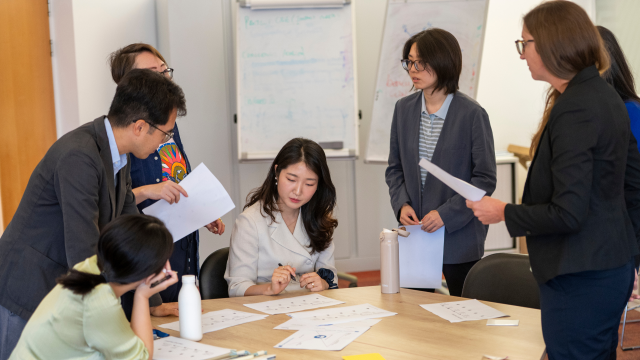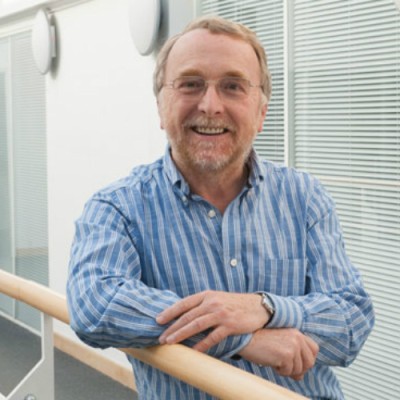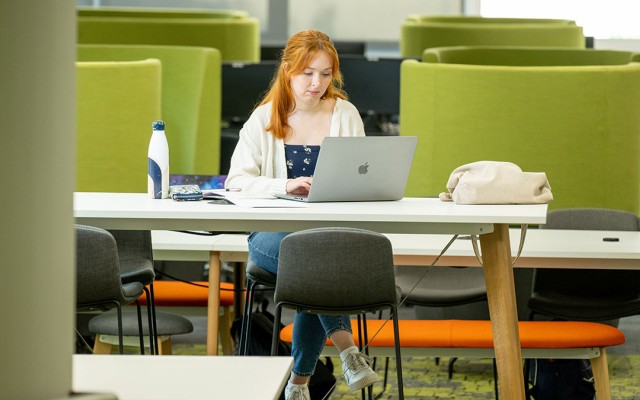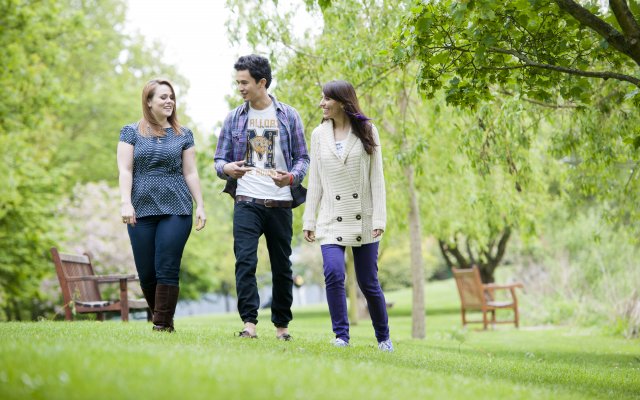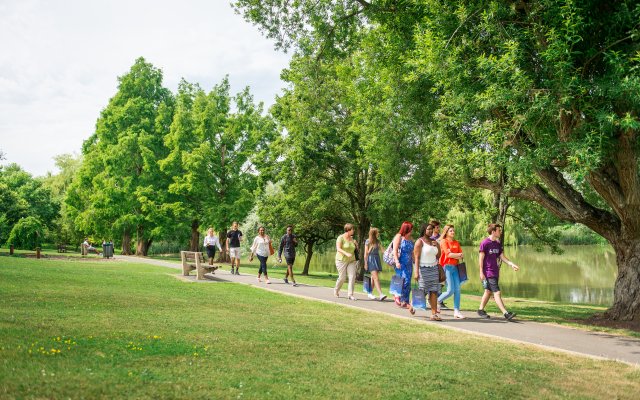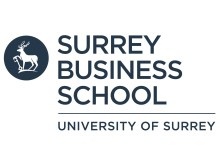
Surrey Hospitality and Tourism Management
A global leader
We have been pioneering research and teaching in hospitality, tourism and events management for over 60 years.
Surrey Hospitality and Tourism Management is a discipline within Surrey Business School.
World leading
Ranked 1st in the UK and 3rd in the world for hospitality and tourism management in the ShanghaiRanking's Global Ranking of Academic Subjects 2025.
Research excellence
Ranked 15th overall in the Research Excellence Framework (REF) 2021, with 52% of our research outputs judged world-leading and 43% internationally excellent.

Study with us
All our teaching and research activities are underpinned by the latest industry thinking and we regularly host leading practitioners as guest speakers.

Our research
We have a world-class reputation for our research in hospitality, tourism, transport and events. Our excellent facilities and vibrant research culture attract researchers and doctoral students from around the world, creating a diverse, creative and stimulating research community.
Our staff members
Dr James Kennell
Head of Discipline, Surrey Hospitality and Tourism Management
Dr Bora Kim
Deputy Head of Discipline, Education
Professor Allan Williams
Deputy Head of Discipline, Research
Latest news
Events
Stay connected
Latest tweets
@SHTMatSurrey






